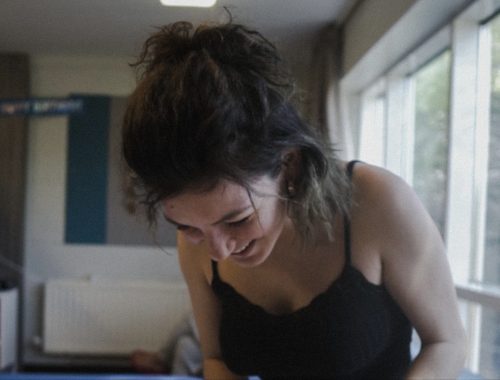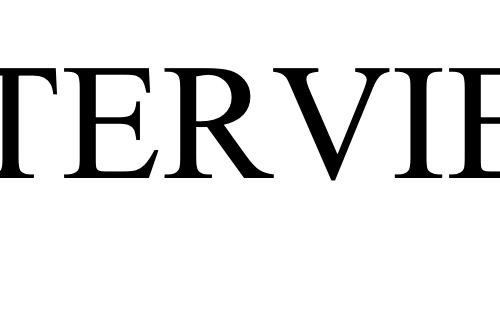Mock Interviews
From applying for my first retail job at sixteen to almost pursuing a career in dentistry having obtained three offers in 2017, I have had a fairly reasonable amount of experience taking part in interviews during may adult life so far. However due to the Covid-19 pandemic I have not had any real practice for the last number of years.
For this mock interview I chose a job at a local music production studio in east Belfast called Hotbox Entertainment. The job is for is studio engineer who would be responsible for carrying out vocal tracking sessions with the potential to start mixing and mastering tracks for clients. As a studio they focus on Hip-Hop, Drill, R&B, Rap and other alternative music genres. I actually ended up applying for this job for real and at the time of writing I can confirm I am currently working a short trial period with the intention of being hired on a part time basis.
To evaluate the mock interview I will be using the Gibbs Reflective Cycle.[1]
The mock interview took place in the format of a traditional panel interview as this best fit the majority of jobs people in the class would be likely to apply for. Each of us in the group – which consisted of four of us – took turns being interviewed whilst the rest of the group acted as the interview panel. Before each member was interviewed five minutes were set aside to allow the group to plan and prepare what questions to ask, who would ask them and in what order they would be asked whilst the interviewee waited outside. After each interview each group member would fill out the provided feedback form highlighting both positive and negative aspects about the interview.
I was the third member of my group to be interviewed meaning I had the opportunity to interview two of my peers first. Being able to interview these other two people before my interview, combined with the atmosphere reflected from the entire group knowing it was only a mock meant I felt fairly calm before my interview took place. During the interview I felt like I did a good job of trying to speak as calmly and clearly as possible to ensure I was easily understood. At the end of my interview I felt like I had put in a good performance and hit the majority of talking points I had planned that fit the questions I was asked. Overall I felt the experience was useful in allowing me practice my interview skills again whilst providing a unique perspective being the interviewer.
One thing in particular that worked well was having my peers come up with and choose the questions that I would be asked – as my peers are all music students they may have had a better insight into what the job might be looking for as it relates slightly more to their fields of interest than if I were to have a family member for example help prepare mock interview questions. The use of the feedback forms was also very useful as they allowed me to see what my peers thought of my interview technique and helped pick out possible ares for improvement that I myself may not have noticed. Furthermore the feedback forms encouraged all of the group members to focus better and be more mindful during the whole exercise as we had to be able to pick out positive and negative aspects from each individuals interview such as body language and speech.
On the other hand the fact each interview was so short in terms of time period may not have worked as well as it allowed us to ask only a very limited number of questions which although may be realistic in terms of a real interview, isn’t very conducive to good interview practice in terms of covering potential questions.
One reason I think my interview went well was down to the preparation I had carried out in advance. This included researching the employer, their recent social media accounts’ activity and website, preparing a list of positive things to mention about myself including things like qualifications and past experiences, and reading through the list of example questions we were provided on canvas and thinking of potential talking points for questions. One thing I could possibly improve on is eye contact and body language however this may have been down to the atmosphere of the mock.
In conclusion I think the mock interview was a very useful and worthwhile experience. It provided me with the opportunity to practice semi formally before attending a real interview. The feedback I obtained was very useful and I was able to put it into practice during the real thing. Furthermore the opportunity to act as the interviewer – something I had never really experienced before this – was very eye opening as it led to me being able to think more critically about interview technique in general.
My action plan after the mock interview was to further keep up to date with the employers social media before the interview and to continue to revise answers to potential questions. Having now got the job on a trial basis I suppose everything I learnt must have been very effective!
[1]Gibbs G (1988). Learning by Doing: A guide to teaching and learning methods. Further education unit. Oxford Polytechnic: Oxford
You May Also Like

Surprisingly Worthwhile
18 February 2022
Simulated Interviews: A Pointless Exercise?
14 February 2022
